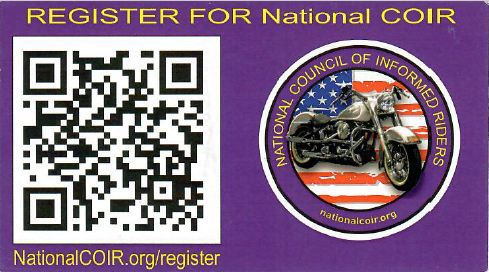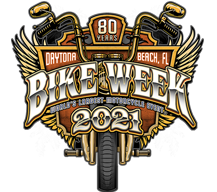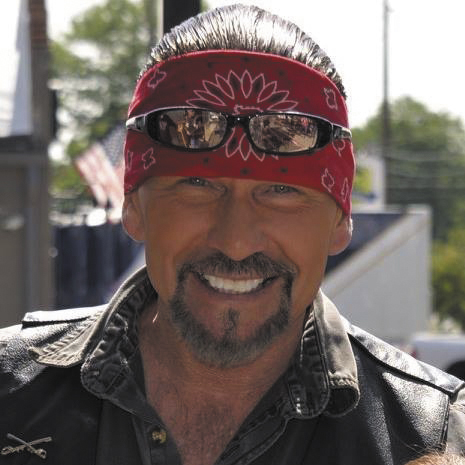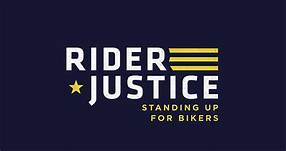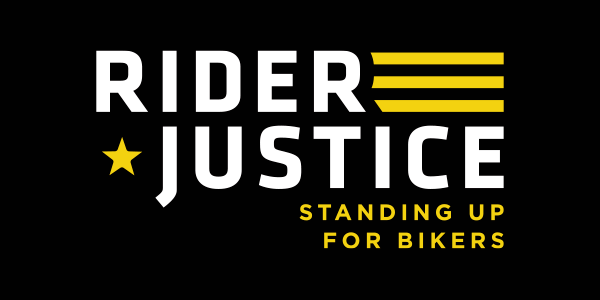Motorcycle profiling is an often-overlooked form of discrimination that affects thousands of riders across the United States and beyond. While many dismiss it as a minor inconvenience, the truth is that profiling based solely on the appearance, motorcycle type, or club affiliation of a rider has far-reaching consequences—socially, legally, psychologically, and politically. This article dives deep into the ramifications of motorcycle profiling, illuminating why it’s a serious civil rights issue that demands greater attention.
What is Motorcycle Profiling?
Motorcycle profiling occurs when law enforcement targets a motorcyclist not for what they’ve done, but for how they look or what group they associate with. Common triggers include:
• Riding a customized or cruiser-style bike
• Wearing motorcycle club patches or vests
• Traveling in groups of motorcycles
• Attending motorcycle-related events or rallies
Instead of being based on reasonable suspicion or probable cause, these stops are rooted in bias, often fueled by negative media portrayals or outdated stereotypes linking bikers to crime.
Common Forms of Motorcycle Profiling by the Driving Community:
- Assumptions of Recklessness –Some drivers automatically assume motorcyclists are aggressive, speeding, or weaving dangerously—regardless of the rider’s actual behavior.
- Lack of Right-of-Way Respect – Motorcyclists often report cars cutting them off, not yielding, or turning in front of them as if they don’t have the same right to the road.
- Tailgating or Intimidation – Larger vehicles may follow too closely, either due to impatience or as an aggressive response to sharing the road with a motorcycle.
- Lane Changes Without Checking – Drivers may not take the time to properly check blind spots, which is especially dangerous for motorcyclists who are smaller and less visible.
- Prejudice Based on Appearance – Riders with certain types of gear or bikes (e.g., cruisers with loud pipes, sport bikes, or those wearing leather or patches) may be stereotyped as part of a gang or up to no good.
Legal Ramifications
One of the most immediate and severe ramifications of motorcycle profiling is the erosion of constitutional protections:
1. Violation of Civil Rights – Motorcyclists are routinely subjected to stops, searches, and questioning without any reasonable cause. This is a direct infringement of:
• The Fourth Amendment – protection from unreasonable searches and seizures
• The First Amendment – freedom of association
• The Fourteenth Amendment – equal protection under the law
These violations can lead to unjust detentions, unwarranted citations, and even arrests that may never result in convictions, but still cause significant legal stress and financial burden.
2. Chilling Effect on Lawful Assembly – The threat of profiling discourages motorcyclists from participating in rallies, charity rides, or biker club gatherings—many of which raise money for veterans, accident victims, and local communities. This undermines their constitutional right to peaceful assembly and curtails community engagement.
Financial and Professional Fallout
Beyond civil rights, motorcycle profiling carries serious financial consequences:
• Fines and legal fees: Riders often have to hire attorneys to fight unjust citations.
• Job risk: A profile-based arrest or court date can lead to missed work, strained employer relations, or even job loss.
• Increased insurance premiums: Profiling incidents, even when no crime is proven, can raise red flags for insurance providers.
Moreover, motorcycle club members in professional careers—doctors, veterans, law enforcement officers—risk being unfairly associated with criminal activity simply for wearing a patch.
Why It Matters and What Can You Do?
The emotional toll of profiling is often underestimated. Repeated stops and harassment can create a sense of fear and hyper-vigilance every time a motorcyclist gets on the road. Riders may feel:
• Humiliated by being treated like criminals
• Frustrated by repeated scrutiny
• Angry at the injustice and lack of recourse
• Anxious about long trips, rallies, or even routine rides
• Safety: Motorcyclists are more vulnerable in collisions, so dismissive or aggressive behavior from drivers can have serious or fatal consequences.
• Awareness: It’s often a matter of education. Many drivers don’t realize how their assumptions or behavior can endanger riders.
• Mutual Respect: Roads are shared spaces, and understanding one another’s perspective can reduce tension and accidents.
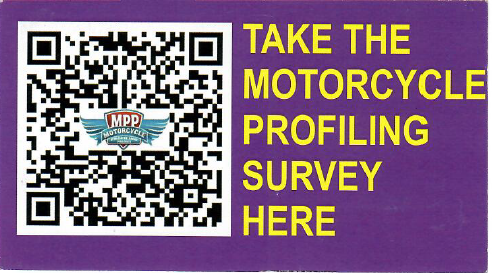
Scan the code or visit MPP Profiling Survey and answer 5 questions by clicking here.
Stigma and Public Perception
Motorcycle profiling reinforces harmful stereotypes that motorcyclists—especially those in motorcycle clubs—are dangerous, violent, or criminal. This stigma:
• Affects how motorcyclists are treated in court
• Leads to discriminatory policies at businesses, event venues, and even hospitals
• Encourages further profiling from law enforcement and the public
Motorcyclists who are veterans, biker ministries, HOG riders, riding groups, first responders, business owners, and community leaders find themselves unfairly judged based on their mode of transportation or their apparel.
Leglislative and Policy Impact
Motorcycle profiling is also a policy issue. Its continuation reveals significant gaps in law enforcement accountability and oversight. While some states like Washington have passed laws to combat profiling, many others have no safeguards in place.
Federal resolutions such as:
• H.Res.366 – Recognizing the need to end motorcycle profiling
• S.Res.154 – Urging law enforcement to adopt training and reporting standards have been introduced, but lack enforcement mechanisms. These policy gaps perpetuate a cycle of unchecked abuse, leaving motorcyclists with few options for recourse.
The Call for Reform
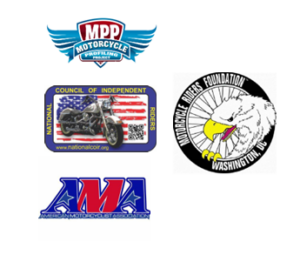 Advocacy organizations like the Motorcycle Riders Foundation (MRF), American Motorcyclist Association (AMA), National Counsel of Informed Riders (COIR) and the Motorcycle Profiling Project are pushing for change. Their demands include:
Advocacy organizations like the Motorcycle Riders Foundation (MRF), American Motorcyclist Association (AMA), National Counsel of Informed Riders (COIR) and the Motorcycle Profiling Project are pushing for change. Their demands include:
• Mandatory training for law enforcement on profiling and biker culture
• Systems to track and report profiling incidents
• State and federal legislation with enforcement teeth
• Public awareness campaigns to shift perceptions of motorcyclists
Conclusion: A Civil Rights Issue, Not a Lifestyle Choice
Motorcycle profiling isn’t about preventing crime—it’s about criminalizing culture. Riders are not asking for special treatment; they are demanding equal treatment under the law. Ending motorcycle profiling isn’t just a bikers’ issue—it’s a civil liberties issue that affects all Americans. Until profiling ends, the freedom of the open road will remain an unequal path.

